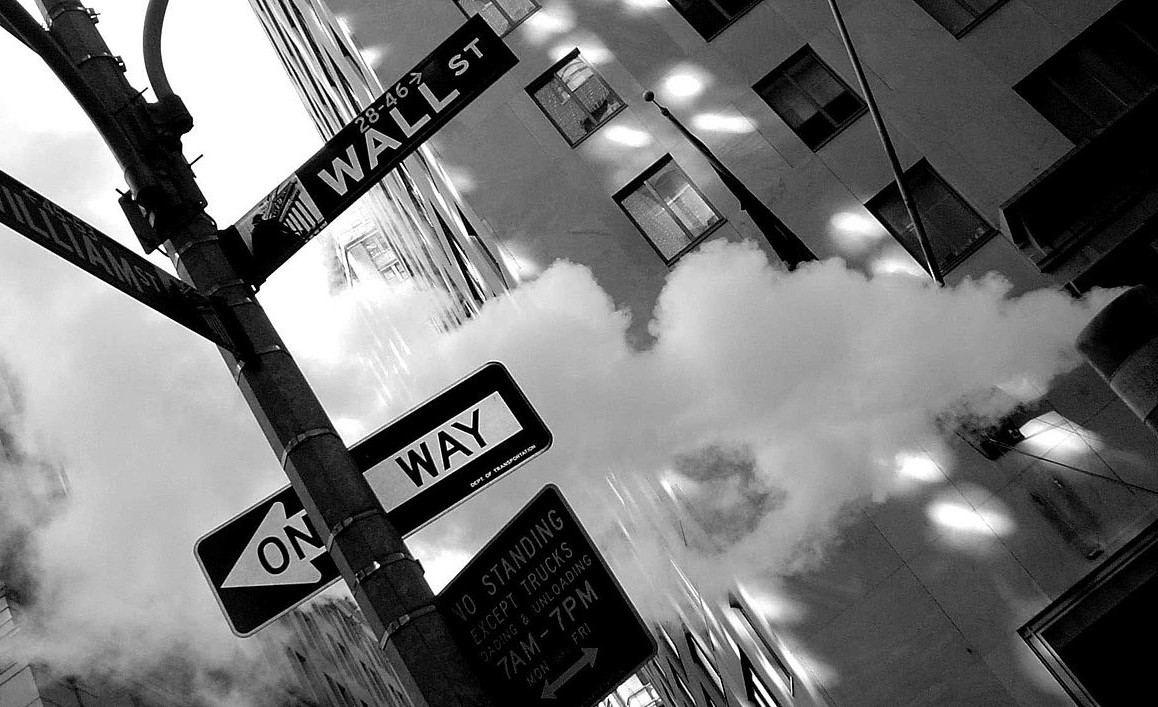Sequestration – the series of automatic spending cuts that went into effect March 1 – came not with a bang but a whimper. The Obama administration did its best to argue that the cuts would have drastic consequences, almost implying that we’d have planes fall out of the sky, dogs and cats living together, mass hysteria. Its efforts, aimed at convincing recalcitrant Republican members of Congress to support some increase in government revenue, seem to have backfired a bit: polls show the public shifting some blame to the president.
While the sequester certainly attracted news coverage, and lots of handwringing, I was surprised how easily Washington seemed to acquiesce to what was designed as intolerable cuts. This can be partly explained by Republican philosophy. As Jon Stewart pointed out, making spending cuts the punishment for failing to compromise, when the Republican party’s main objective right now is to force spending cuts, is a little flawed.
But I think there is another explanation: financial markets don’t care about spending cuts. Remember back to the fights over the debt ceiling in July 2011 and January 2013. Many argued that not raising the debt ceiling would cause the country to default; Standard & Poor’s downgraded the country’s credit rating in 2011 after the first debt ceiling crisis. The markets got a little freaked out. The reason is well articulated in a New York Times article from January 2013, before Congress voted to suspend the debt ceiling until this May:
Businesses and individuals would be left without expected funds from the government, and a tremendous financial crisis might ensue. “We’re the reserve currency of the entire world,” said Steve Bell of the Bipartisan Policy Center, in Washington. “There’s trillions of dollars of our debt sliced and diced into all sorts of financial instruments around the world. If you’re a 28-year-old bond trader for Nomura in Tokyo, and someone says, ‘Hey, we just heard a rumor Treasury isn’t making all its payments,’ what do you do? You panic and you sell.”
The same logic isn’t true for cuts in discretionary spending. Sure, it doesn’t inspire confidence in the government that we’ve come to this, many public employees will be furloughed or lose their jobs, and the fragile recovery will take a hit. By the Dow Jones industrial average is reaching record highs, and corporate profits are booming. For corporate America, the recovery is in full swing.
The cliché about “Wall Street vs. Main Street” is too easy and simplistic. Politicians like to praise small businesses, but large companies are the ones that drive job growth. America’s financial strength comes from these corporations, especially in the banking sector. But it’s clear that large portions of the country don’t participate in this financial system. According to the Federal Reserve, among the top 10 percent of income earners, about half own stocks. Looking at the middle of the income bracket (40th to 60th percentile), only 11.7% own stocks.
Current wealth inequality is striking. As the Washington Post reports, the top 1% hold nearly half of the nation’s wealth. The bottom 60% of households have lost wealth since 1983, while the top 5% have experienced 74.2% of the gains in wealth.
My concern with these trends is less about who owns what, and more about the dangers of socio-economic stratification. America at its founding was unique because of the absence of a permanent aristocracy. We’ve never been a classless society, and there have always been very wealthy people. But the relative ease of social mobility was a hallmark of early America, and it remains one of the things that keeps the country vibrant.
I also worry about a world where an increasing share of the wealth is tied up in complex financial instruments. It’s always been in the country’s interest to alleviate poverty and foster the middle class, because these are the groups that spend their money and create demand. Will there come a time when the consumer doesn’t matter? Probably not, but it’s clear that much of the wealth in this country is created in transactions that don’t involve buying and selling real things.
Finally, and most importantly, is the issue of democratic voice. Political scientists have cast doubt on the idea that money causes corruption, but there is agreement that money buys political access. I think the lack of urgency on the sequester demonstrates that politicians, especially on the national level, prioritize the concerns of large corporations and financial institutions. Elections matter, but fundraising is the fuel that drives politics, and big companies are the ones giving the campaign contributions.
Washington politics have always been a little divorced from reality. But it doesn’t help that the voice of Main Street America is being drowned out. Maybe the sequester will lower the debt and have long-term benefits. But debates about things like the sequester have to take into account the interests of average Americas, or else Washington politicians will continue to play theatrical games with important issues without worrying about the consequences.

I get what you’re saying about the sequester, and the fact that it hurts ‘middle class’ public employees more than ‘rich’ corporations. It’s important to note however how many ‘rich’ lobbyists were vehemently against these cuts – because the ‘rich’ interests they represent are actually on the gov’t payroll in some sense or another. (They are usually in the heavily corporatist worlds of defense and healthcare.)
http://thehill.com/business-a-lobbying/285813-lobbyists-fighting-sequester-move-into-a-new-phase
Also for anyone concerned about wealth stratification, I’m guessing these businesses’ prognostications (that their profits will be cut by a drop in gov’t spending) should make them happy:
http://thehill.com/business-a-lobbying/284433-business-fears-sequester-ax-will-cut-through-profits